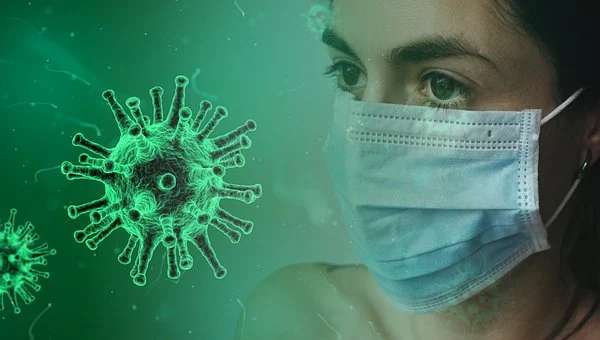Health professionals such as physicians take a Hippocratic Oath to do no harm and protect their patients’ health. They save lives every day, and for that, they deserve applause. Even more intriguing is that they put their health and safety on the line every day to ensure others’ wellbeing. As the COVID-19 pandemic taught us, the same case applies to other healthcare professionals such as nurses, laboratory technicians, and other healthcare workers, all the way to the cleaners!

Case in point, medical professionals, are constantly battling an enemy they can see, smell, hear, or even suspect. They are often up against some of the deadliest microscopic organisms, some of which can turn one’s life upside-down in a heartbeat. As if enough hasn’t been said already, here are some reasons why pathogen certification is important for health care facilities and personnel.
What Are Blood Borne Pathogens?
They are infectious microorganisms often found in the human blood, which can cause diseases to other humans when transmitted. These pathogens leave healthcare workers exposed to health risks in their line of duty, bringing in the need for professional training. With bloodborne pathogens certification, medical workers gain the skills to improve their safety and health while on the job. They are trained to handle blood and other infectious material and use protective gear and other measures to protect their health and safety while at work.
You Learn Pathogen Transmission
From bacteria to viruses and fungi, different pathogens are transmitted differently. As you may already know, the most recent novel coronavirus (COVID-19) is transmitted mostly via oral, respiratory, and olfactory passages.
On the other hand, many pathogens are transmitted through bodily fluids, including sweat, vaginal secretions, saliva, and blood. The pathogen often gets to the recipient through open wounds in some of the body’s common parts where there is a minor breach of skin integrity.
Some of the diseases transmitted through the spread of blood include Hepatitis and HIV. To dig deeper, Hepatitis B is more dangerous and prevalent compared to HIV. It has been proven to survive even on dried blood, and it has a lifespan of almost a week. In comparison, HIV can die in seconds outside the host, especially once exposed to air. Moreover, a tablespoon of blood infected with hepatitis contains billions of HBV particles, while a similar quantity of HIV-infected blood may have less than 20 particles of the virus. The irony is that it only takes one particle to get the infection, so you can never be too careful.
Safety Precautions
- Always have a face mask – preferrably a N95 mask.
- Put on impermeable gloves.
- Always use water and bleach to clean infected areas.
- Protect your eyes with safety goggles
- Use resuscitation devices when cardiopulmonary resuscitation is required.
- Wash your hands with soap and water
- Any exposures should be exposed immediately.
The above precautions are more of the COVID measures we have been exposed to the past year. What makes it even worse is the viruses are invisible, and the symptoms can long to manifest, risking your health in your line of duty as well as your social circle.
Benefits of Pathogen Certification
Having pathogen certification benefits you, your colleagues, and your patients in many ways as a healthcare professional. Some of the general benefits of pathogen certification include:
- It helps protect healthcare workers.
- It improves patient care and healthcare standards.
- It helps with HIPAA compliance.
- It will teach strategies for preventing infection of the pathogens.
- Creates awareness on the transmission, prevention, and diagnosis of the pathogens.
- It will insist on the importance of sterilization.
- It teaches the importance of personal protective clothing and equipment.
We can go on and on about these benefits. However, the summary benefits the healthcare industry as a whole, and these benefits touch the patient, healthcare providers, and even bystanders.
The best thing about this certification process is that training can be virtual or remotely delivered. This means that you can have all the time to run your errands while working on topping up your knowledge. After all, it is a short course that most people complete in just a day. Once you attain a score of eighty percent or above in the test, you can pat yourself on the back because you are the newest pathogen-certified professional in town.

In summary, pathogen certification helps you grow your career in the medical or healthcare field. It makes you better at taking care of clients, more compliant, and more knowledgeable about infection control and prevention. It can even help add some digits to your paycheck. Most importantly, it helps you grow your career as you seek to provide higher standards of care to your parents.

